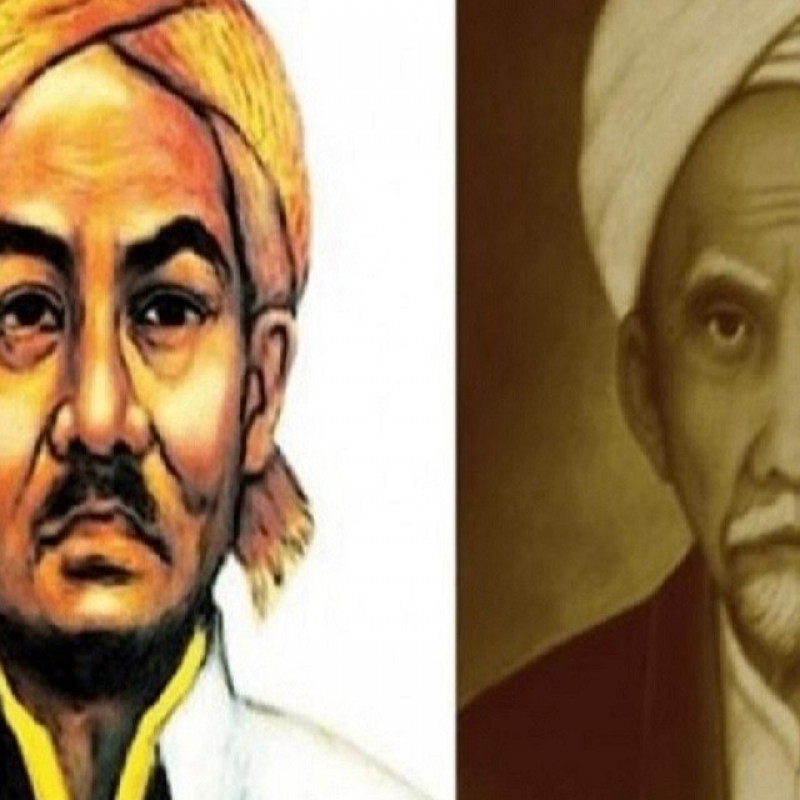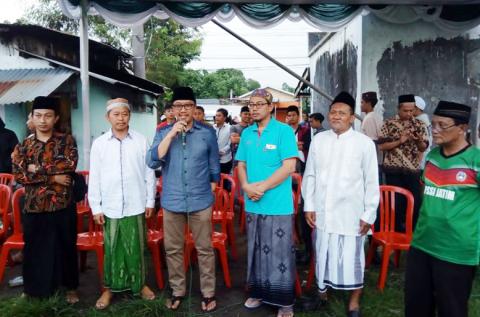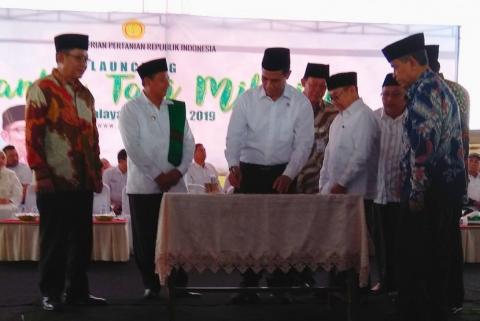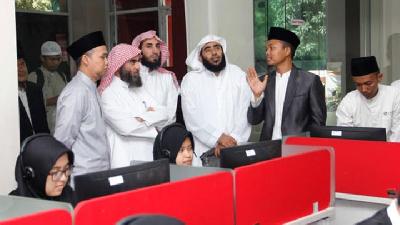Gus Nadir encourages pesantren to have critical reading skills
Rabu, 15 September 2021 | 02:51 WIB
Jakarta, NU Online
Chairman of the Advisory Board (Rais Syuriyah) of the Australia-New Zealand Nahdlatul Ulama Special Branch Board (PCINU), Prof. Nadirsyah Hosen (Gus Nadir) said that not only memorization, Islamic boarding school (pesantren) education must also encourage their students to have critical reading skills.
Starting from the development of the world of pesantren in Indonesia in the past, he explained that the level of Indonesian ulama at that time touched the international level. Not only about learning, but also about teaching. This showed the depth of knowledge and piety of the ancient scholars whose abilities could not be doubted.
"Syekh Nawawi al Bantani from Banten, Sheikh Mahfudz al-Tarmasi from Tremas, Sheikh Yasin Padang. Even Hadratussyekh KH Hasyim Asy'ari also taught at the Grand Mosque at that time," Gus Nadir said in a webinar themed Pesantren Education in the Historical-Philosophical Perspective on Tuesday (14/9/2021).
"Shaykh Sa'dullah al-Maimani, mufti of India. Sheikh Umar Hamdan, a hadith expert in Mecca are also students of KH Hasyim Asy'ari. Also the book written by Kiai Ihsan Jampes which was studied to Africa," he added.
Gur Nadir emphasized that the skills of ancient Indonesian ulema (Muslim scholars) should have been role models and guides in producing santri (students) in pesantren-based universities with good contributions.
"In the past, pesantren education was able to produce kiai (clerics) at an international level, now how? I have confidence that we can," he said.
Gus Nadir said, the education strength of famous pesantren had so far focused on memorization. Of course this is something good. However, the power of memorization without being accompanied by the ability to understand the text and read the text critically is not enough if we want to reach the international community. To give birth to a generation of brilliant students, reading skills must be improved, especially critical reading.
He also explained the term meant about critical reading, namely reading carefully, linking it with previously acquired knowledge, then understanding to be able to contextualize it with current conditions.
"Without increasing this critical reading-style understanding (reading critically) then the greatness of pesantren as described previously will not be realized in the current context, if then it is not supported by our way of reading critically," Gus Nadir said.
Contributor: Nuriel Shiami Indiraphasa
Editor: Sudarto Murtaufiq










